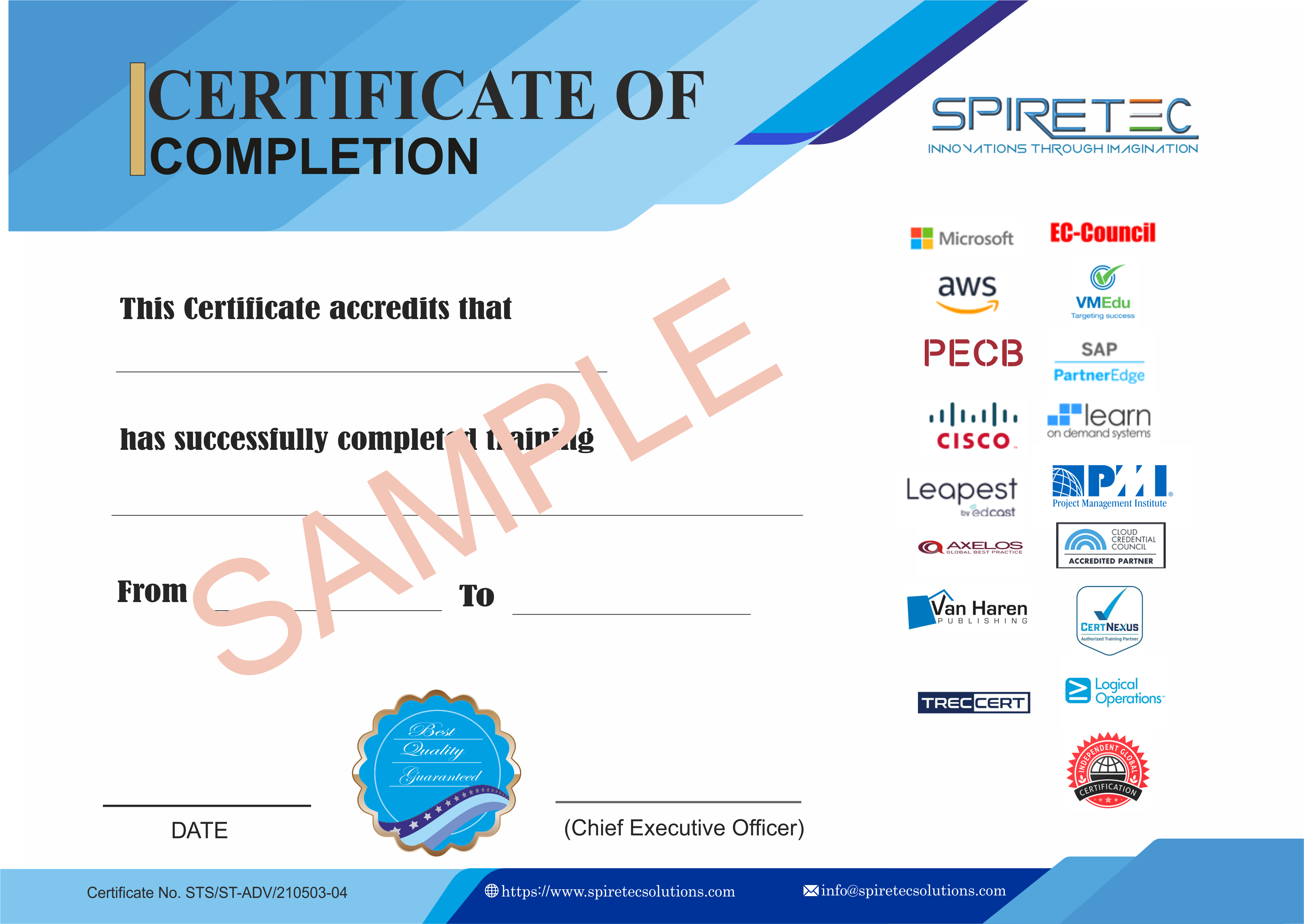Why Should You Attend?
With the rising importance of food safety in the food industry, ISO 22000 certification has become a key indicator of an organization’s commitment to consumer safety and market sustainability. Obtaining a PECB auditor credential demonstrates your qualifications to conduct Food Safety Management System (FSMS) audits for certification bodies.
This training course is designed to reflect the critical nature of effective audits and enhance your skills to plan and execute FSMS audits in line with the guidelines for auditing management systems outlined in ISO 19011 and the certification process specified in ISO/IEC 17021-1.
Through practical exercises, interactive sessions, and discussions, you will learn how to:
-
Apply widely recognized audit principles, procedures, and techniques
-
Perform FSMS audits effectively
-
Manage an audit team
Upon completing the training course, you will be eligible to sit for the exam. If successful, you can apply for the “PECB Certified ISO 22000 Lead Auditor” credential. This internationally recognized certificate validates your ability to audit organizations based on ISO 22000 requirements and auditing best practices.
Who Should Attend?
The ISO 22000 Lead Auditor training course is intended for:
-
Auditors interested in performing and leading FSMS audits
-
Managers or consultants seeking to master the FSMS audit process
-
Individuals responsible for maintaining conformity to FSMS requirements within an organization
-
Technical experts preparing for FSMS audits
-
Expert advisors in food safety management
Learning Objectives
By the end of this training course, you will be able to:
-
Understand the operations of an FSMS based on ISO 22000
-
Recognize the relationship between ISO 22000 and other standards and regulatory frameworks
-
Interpret ISO 22000 requirements in the context of an FSMS audit
-
Fulfill the auditor’s role in planning, leading, and following up on a management system audit in accordance with ISO 19011
Educational Approach
This course is participant-centered and includes:
-
Theoretical Learning: Comprehensive coverage of FSMS operations, ISO 22000 requirements, and international auditing standards.
-
Practical Exercises: Hands-on activities based on real-life case studies, including role-playing and discussions.
-
Interactive Sessions: Opportunities for participant engagement through questions and suggestions.
-
Simulation Exercises: Practice tests and simulations that preview the certification exam.
Course Outline
Day 1: Introduction to the food safety management system (FSMS) and ISO 22000
-
Training course objectives and structure
-
Standards and regulatory frameworks
-
Certification process
-
Fundamental concepts and principles of food safety management
-
Food safety management system
Day 2: Audit principles and the preparation for and initiation of an audit
-
Fundamental audit concepts and principles
-
The impact of trends and technology in auditing
-
Evidence-based auditing
-
Risk-based auditing
-
Initiation of the audit process
-
Stage 1 audit
Day 3: On-site audit activities
-
Preparing for stage 2 audit
-
Stage 2 audit
-
Communication during the audit
-
Audit procedures
-
Creating audit test plans
Day 4: Closing of the audit
-
Drafting audit findings and nonconformity reports
-
Audit documentation and quality review
-
Closing of the audit
-
Evaluation of action plans by the auditor
-
Beyond the initial audit
-
Managing an internal audit program
-
Closing of the training course
Day 5: Certification Exam







 Live Online Training (Duration : 40 Hours)
Live Online Training (Duration : 40 Hours)
